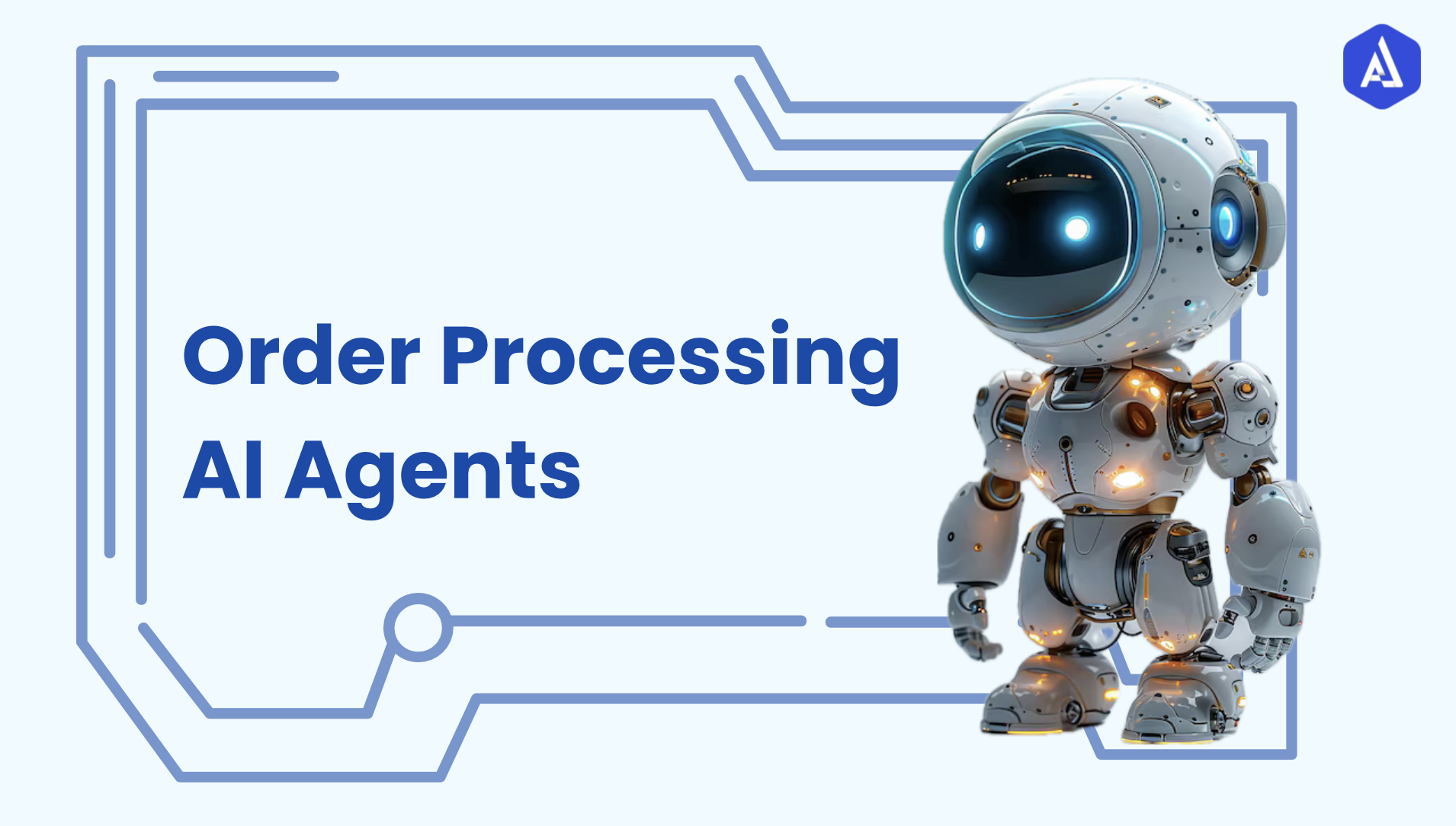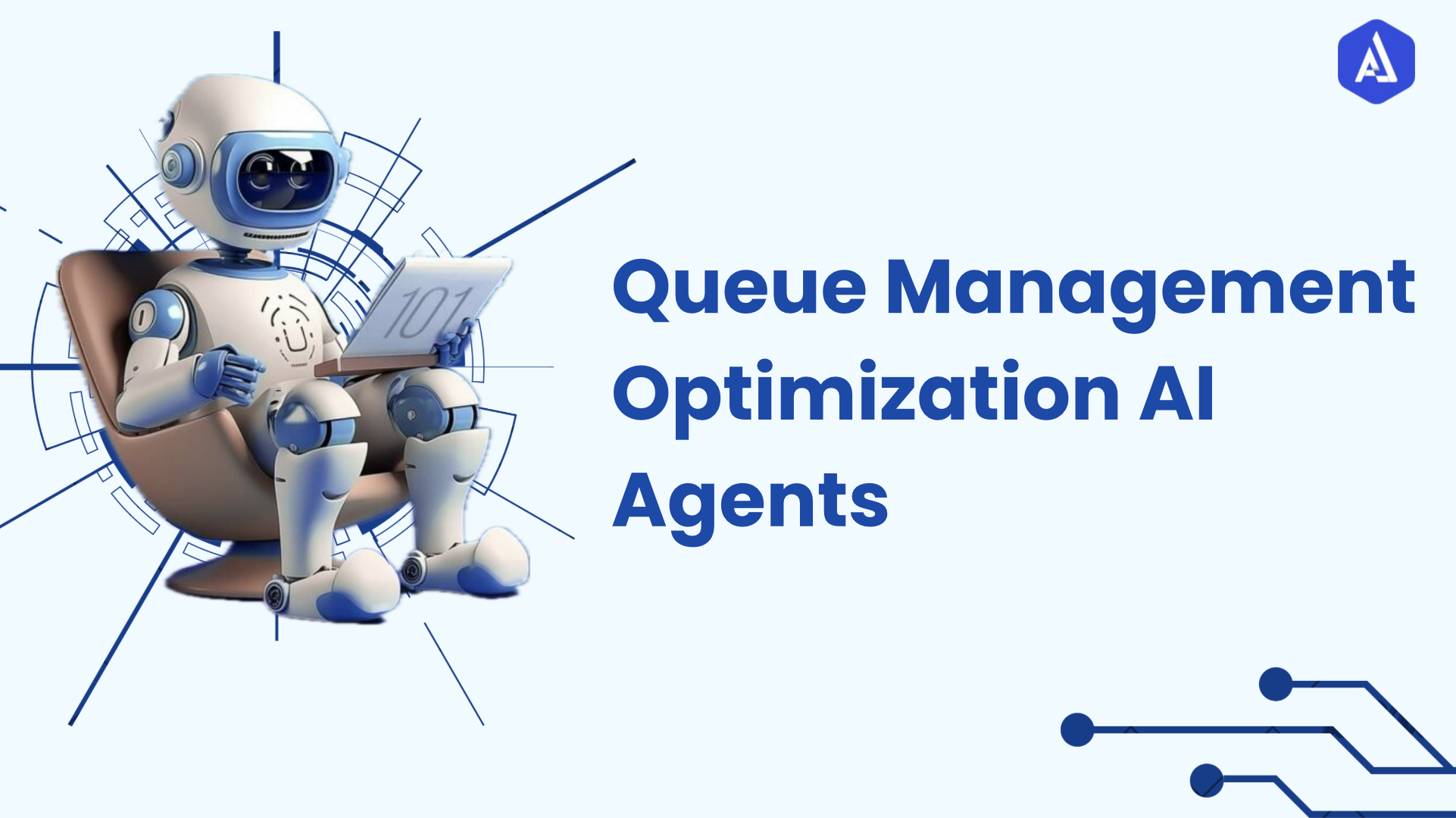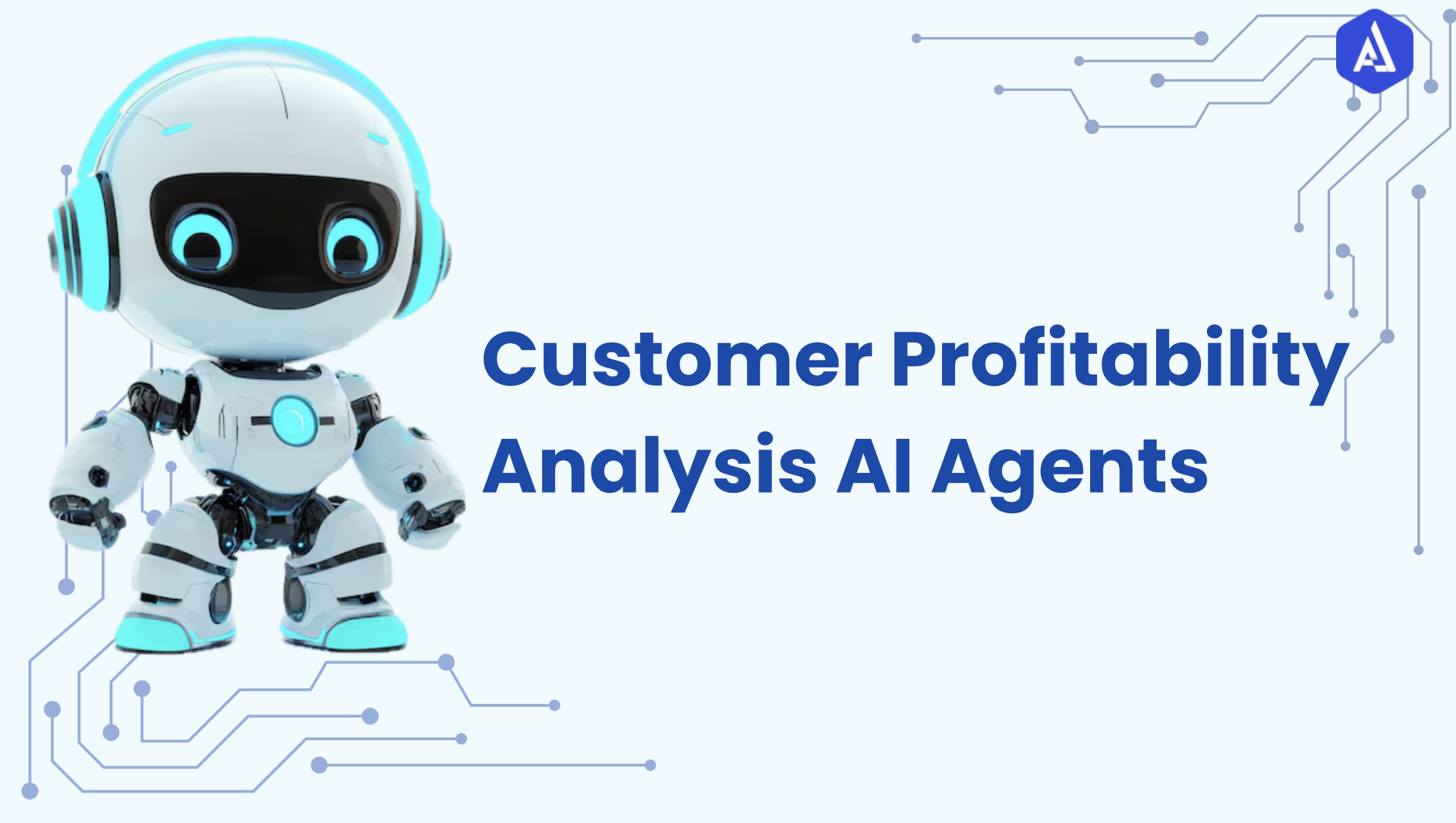Sales Operations Manager AI Agent is a game-changing digital agent for sales operations teams. This AI-driven tool acts as a virtual analyst, strategist and forecaster: streamlining complex processes, automating routine tasks and improving data-driven decision-making.
It seamlessly integrates with analytics and CRM platforms to deliver real-time knowledge that teams use to work more effectively toward growth objectives. The agent has advanced machine learning, and with that it can process huge amounts of data taking predictive insights to sell teams and proactively handle the challenges and improving the workflows and grow the revenue.
About the Sales Operations Manager
Sales Operations Managers are pivotal in bridging sales strategy with execution, ensuring seamless alignment across processes, data analysis, and performance management. They drive efficiency and productivity by optimizing workflows and providing actionable insights to empower sales teams.
Key Features of a Sales Operations Manager's Role:
-
Quota Setting: Establishing realistic yet challenging sales targets to motivate and guide teams.
-
Territory Management: Allocating and optimizing sales territories for maximum coverage and efficiency.
-
Performance Analysis: Monitoring key sales metrics to identify trends, strengths, and improvement areas.
-
Forecasting: Conducting data-driven predictions to support decision-making and future planning.
-
Operational Efficiency: Streamlining processes to reduce bottlenecks and improve productivity.
-
Reporting: Generating accurate, insightful reports for stakeholders to track progress and outcomes.
And sales operations managers face multiple challenges all the while handling large volumes of data that are often inconsistent in their forecasts and frequently behind schedule from repeat work like data entry and report generation. Not only does this increase the chance of human error but also takes away some of the more strategic time and resources that are needed.
About the Sales Operations Manager AI Agent
Sales Operations Manager AI Agent is a very sophisticated piece of software that not only integrates deeply with already existing systems (such as Customer Relationship Management (CRM) platforms, sales analytics tools, and other business intelligence software), but is also multipurpose.
The advantage of this integration is that the AI has access to and can analyze a grand amount of sales data across different sources, saving the time taken up by the manual and labor-intensive process. AI uses advanced machine learning algorithms to work with the data, finding patterns and trends that human analysts may not be able to spot.
Key features of the Sales Operations Manager AI Agent include data cleansing and enrichment to provide the most accurate, up-to-date data for sales operations making decisions. It fixes errors, fills in missing CRM information and makes your data better. On top of this, the AI uses predictive analytics to score leads so teams can focus on high-potential leads.
Dashboards tracking performance are in real-time for quick changes in strategies. As an agent with inherent self-learning capabilities, it gets better and better with every new data or market change, so it always has the most relevant insights to help the sales teams grow and optimize decision-making.
Key Features of the Agent
-
Data Analysis: Processes extensive datasets to uncover insights and trends, enabling quick, data-driven decisions.
-
Process Optimization: Automates repetitive tasks, like data entry and report generation, to improve workflow efficiency.
-
Forecasting and Predictive Insights: Utilizes historical and market data to create accurate forecasts, identify at-risk deals, and suggest next steps for current opportunities.
-
Real-Time Reporting: Provides up-to-date dashboards, replacing static reports with real-time insights for immediate action.
-
Personalization and Customization: Tailors outreach strategies, recommending customized messaging, pricing, and product suggestions based on customer preferences.
Use Cases
-
Sales Forecasting – Retail
For inventory management and demand planning in retail sales forecasting is important. The AI agent uses historical sales data, seasonal patterns and market conditions to make precise forecasts. It helps retail managers to efficiently manage the stock, avoid stocking or shortage, and flatten the supply chain. Retailers predict future sales trends to approximate customer demand while minimizing the expenses of additional out-of-stock inventory.
-
Quota Setting – SaaS (Software-as-a-Service)
Quota setting for SaaS companies is a strategic process that must synchronize with the ambition of business growth, as well as customer acquisition. It takes previous performance metrics from the past, customer trends and market conditions, and gauges an attainable quota for the sales reps to aim for. As the agent takes into account product tiers, customer segments and historical data, it helps factor in a realistic quota challenge that encourages sales team motivation and performance in a competitive market.
-
Lead Scoring – Financial Services
Lead scoring is key to identifying high-value prospects across financial services. With predictive analytics, the AI agent analyses customer behaviour, demographic data and engagement patterns and assigns scores to leads for how likely they are to convert. This gives sales teams the luxury of concentrating on those leads that are most potentially interested in purchasing financial products or services.
-
Data Cleansing and Enrichment – Healthcare
Healthcare sales teams face the challenge of managing complex and often outdated CRM data. The AI agent automates the process of data cleansing and enrichment by updating patient records, doctor information, and hospital contacts in real time. This ensures that sales teams are working with accurate, up-to-date information, improving targeting for healthcare product sales and enabling more effective outreach to the right decision-makers in hospitals, clinics, and medical facilities.
-
Report Generation – Manufacturing
Timely and accurate reporting is very important for optimizing production and sales strategies in the manufacturing sector. Using Key Performance Indicators (KPIs), sales cycle and inventory turnover, the AI agent automatically generates reports of exquisite detail.
To give managers access to up-to-date dashboards, they can see the production progress and trends and additionally change strategies quickly. And this automation, first off, saves time, but it also ensures that all decision-making is driven by up-to-date accurate data and you're making forecasts that are much more accurate and you're assigning resources more accurately, too.
Considerations
While the Sales Operations Manager AI Agent offers numerous benefits, users should be aware of certain challenges in implementation:
-
Data Privacy and Security: Given its access to sensitive customer data, robust data privacy measures are essential.
-
Training Requirements: Teams may need time to adjust to AI-driven tools, particularly for interpreting insights and implementing recommendations effectively.
-
Cost of Implementation: Initial setup and integration with existing systems may require a significant investment, though ROI is expected over time.
-
System Integration: Ensuring compatibility with all existing sales and CRM tools can present technical challenges, and integration may need fine-tuning.
Benefits
-
Increased Efficiency: Automates manual tasks like data entry, reporting, and forecasting, freeing up time for strategic activities.
-
Enhanced Accuracy: Reduces human error, delivering precise forecasts and recommendations.
-
Scalability: Can process growing volumes of data and adapt to new territories and product lines as the business scales.
-
Competitive Edge: Delivers real-time, predictive insights that allow sales teams to stay agile and proactive in their strategies.
-
Improved Collaboration: Provides actionable data across departments, enhancing strategic alignment and team collaboration
Usability
Using the Sales Operations Manager AI Agent is straightforward with its user-friendly dashboard and intuitive features. Here’s a step-by-step guide:
-
Setup: Connect the AI agent to existing CRM and data analytics platforms. Customize settings for desired reports, forecasts, and insights.
-
Data Input: Allow the agent to access historical and current sales data. It will analyze this data and begin providing insights in real time.
-
Utilization of Dashboards: View the dynamically updated dashboards for quick insights on KPIs and performance metrics.
-
Interpreting Recommendations: Review suggestions for quota adjustments, lead scoring, and territory planning. Make data-driven adjustments based on the AI’s recommendations.
-
Collaboration Features: Share insights and reports with cross-functional teams to align sales goals and strategies.
-
Troubleshooting: Utilize support resources to resolve any issues. The AI agent’s adaptability ensures that it learns from each use, refining results over time.


